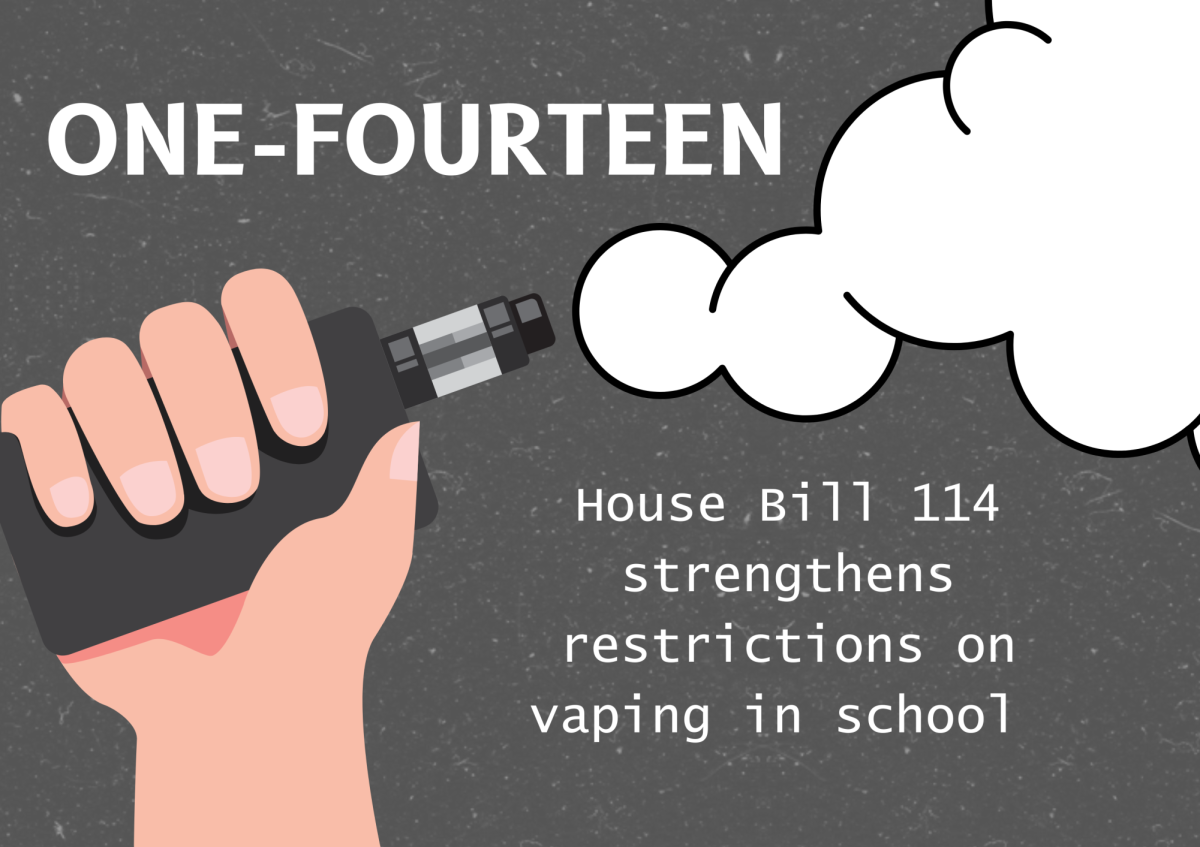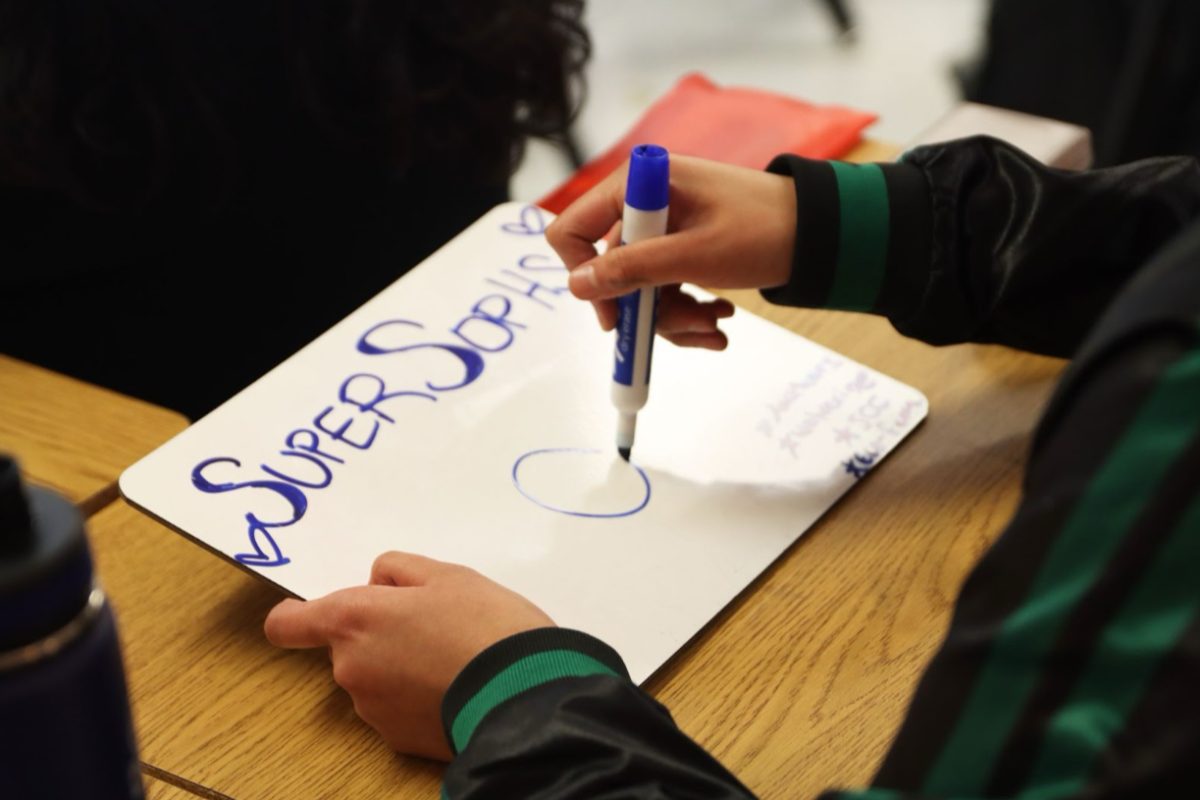The Texas House Bill 114 went into effect Sept. 1. It mandates that any student caught with any vape-related paraphernalia will be removed from school and be placed in the Disciplinary Alternative Education Program (DAEP). DAEP campuses are meant for the entire district, holding around 40 students.
“DAEP facilities are generally not a big campus,” principal Amy Boughton said. “In a district our size, they can fit anywhere from five to ten students [per LISD campus}, but the amount of [nicotine and THC] vapes we are running into across the district [has led to] people saying this was an overreach. There weren’t considerations on how big each district’s facility was, and how many students it can hold.”
Vaping nicotine or THC can have intense effects on the brain, and the effects are even greater on teenagers. According to the National Institute of Health, the human brain fully develops in a person’s mid-to-late 20s. Those who vape are 2.4 times more likely to experience depression and are 1.67 times more likely to have a “poor mental health day” in a month.
Long-term effects of vaping include nicotine addiction, mood disorders and lack of impulse control. Boughton said she works closely with her administrative team to determine why students feel the need to vape at school.
“I do not want to run any jurisdiction over anybody’s private time at home, but [as administrators] we need to get students the proper help they need so they can be successful,” Boughton said.
The school has implemented vape detectors in the bathrooms across campus. If a student is vaping inside a bathroom, it will notify Boughton and the rest of the administration. Boughton said an admin will be at the site of the notification within one minute. Alongside the detectors, footage from the security cameras is analyzed, and students are interviewed.
“I think the school has been doing a good job of reminding us that they want to keep us safe,” said sophomore Cara Shen. “It’s an important topic and they need to go over it.”
If a student is sent to DAEP, their respective counselor is notified within a week of them being enrolled. They then have regular correspondence through email, and on Friday mornings, the student assistance counselor visits everyone from the home school’s campus. The counselors work with students to understand potential reasons they vape. Bradley says students are impacted by the people around them.
“A student’s inner circle matters,” counselor Jennae Bradley said. “All the people we hang out [with] impact [us] whether we [want] them to or not, and that includes teachers. Luckily, many students who came back from DAEP have expressed interest in changing.”
All future cases will be decided on a case-by-case basis, depending on what the students are carrying. Before students come back to school from DAEP, the counselor and assistant principals get on a WebEx meeting to discuss the next steps. The state has not yet expanded campuses to account for a potential increase in students. Boughton said she believes the current decisions by the state are not enough.
“I think the legislature has to think further ahead when they decide this,” Boughton said. “[They need to] help schools out, because I’m sure there are schools that financially can not afford things like vape detectors to be proactive about this threat, instead of reactive and having to send everybody to DAEP.”
















